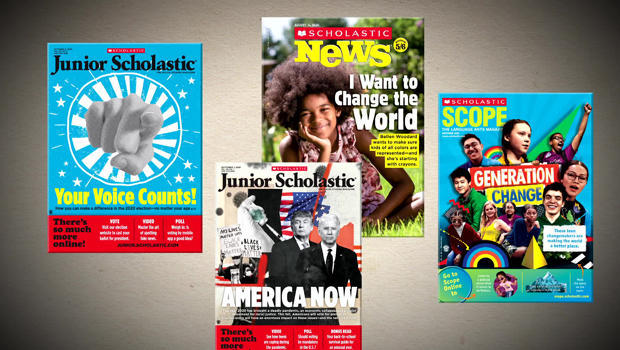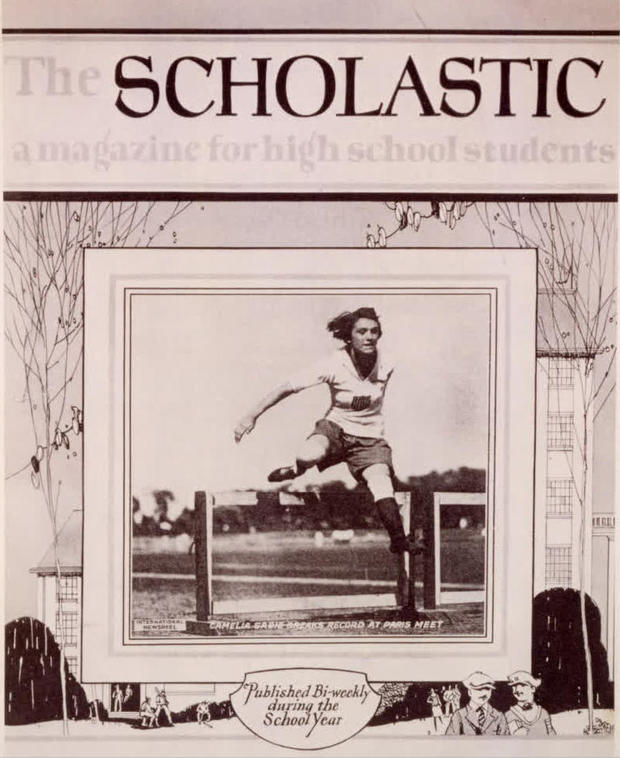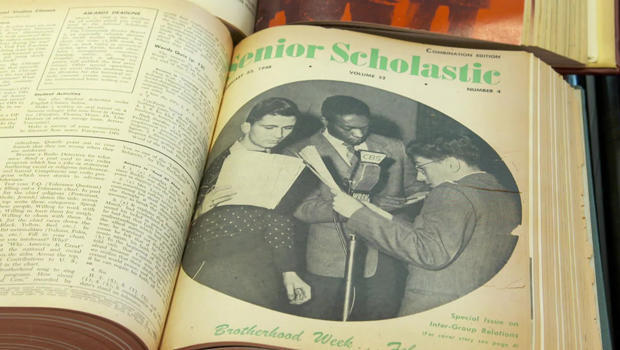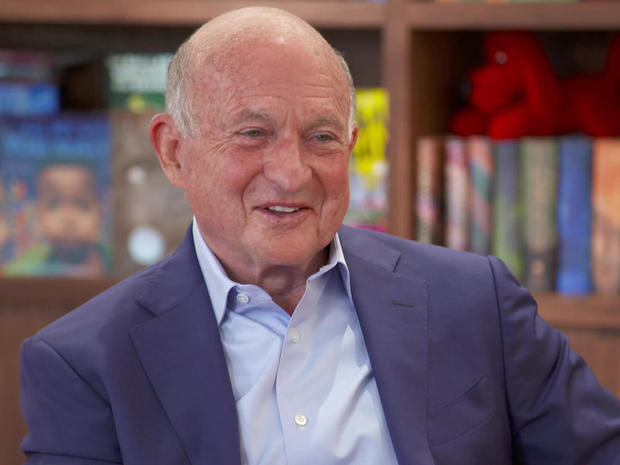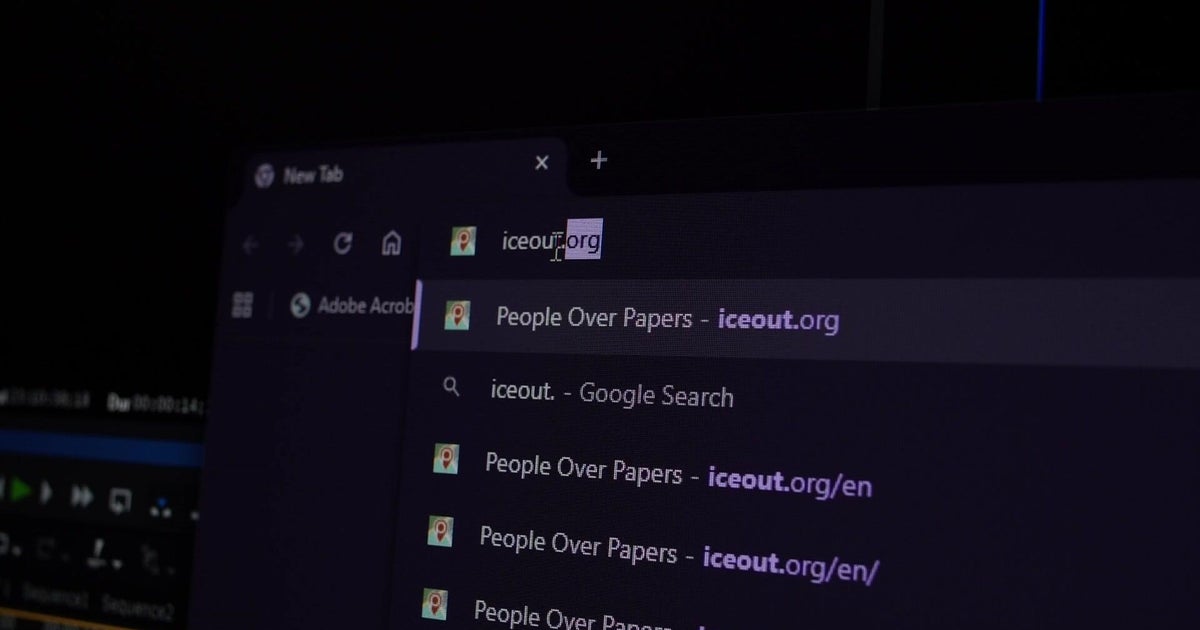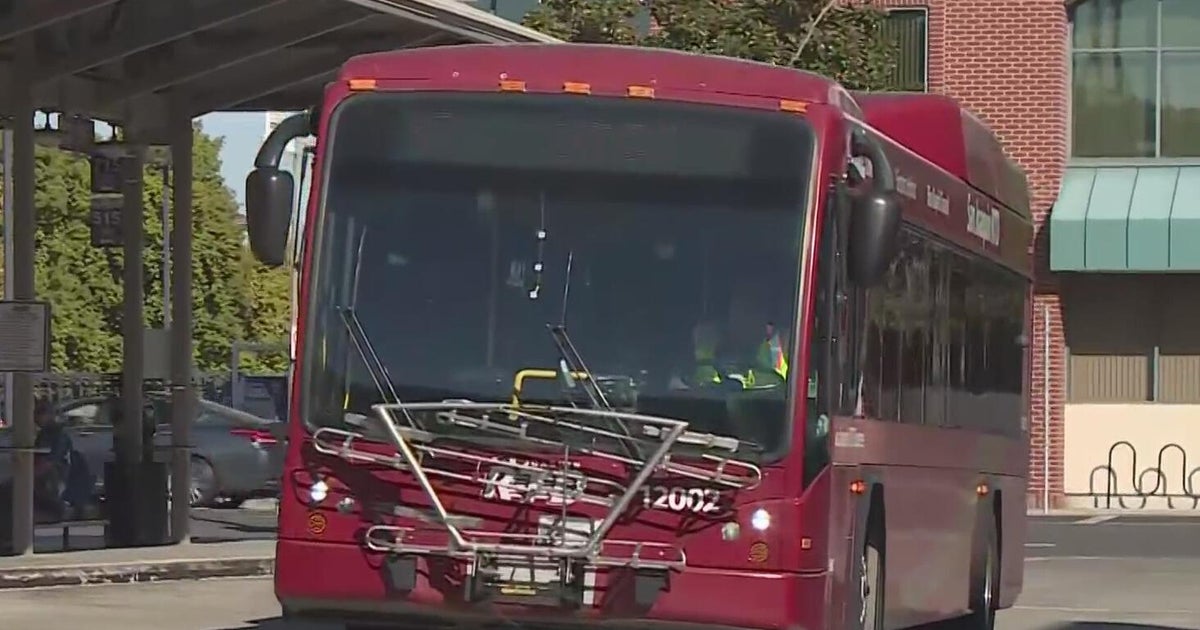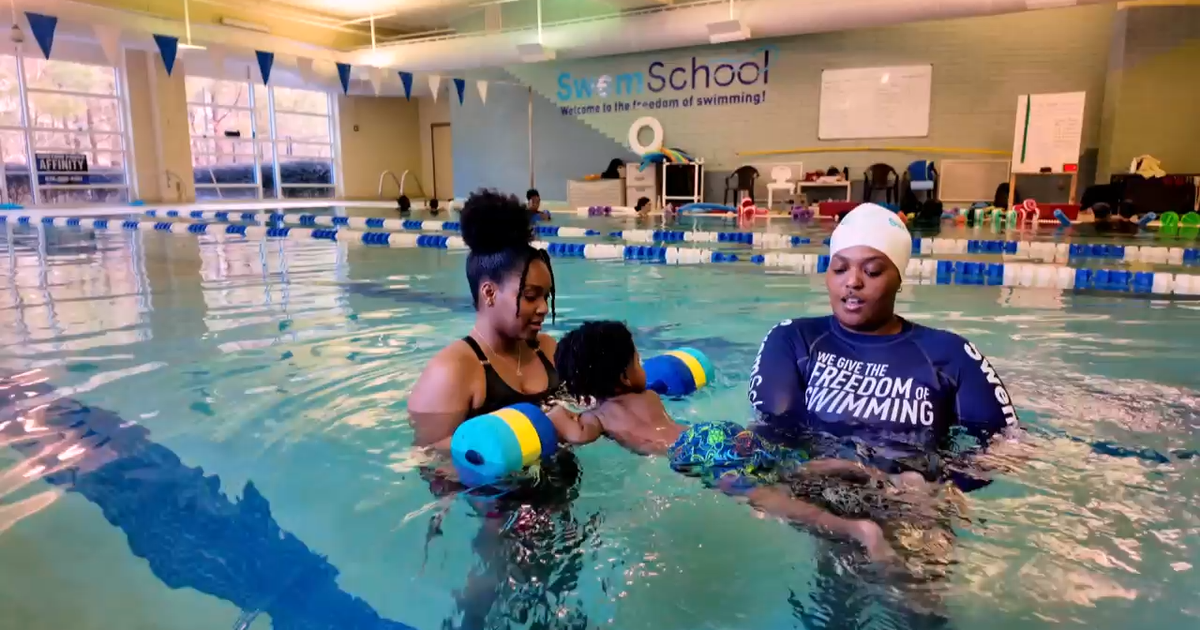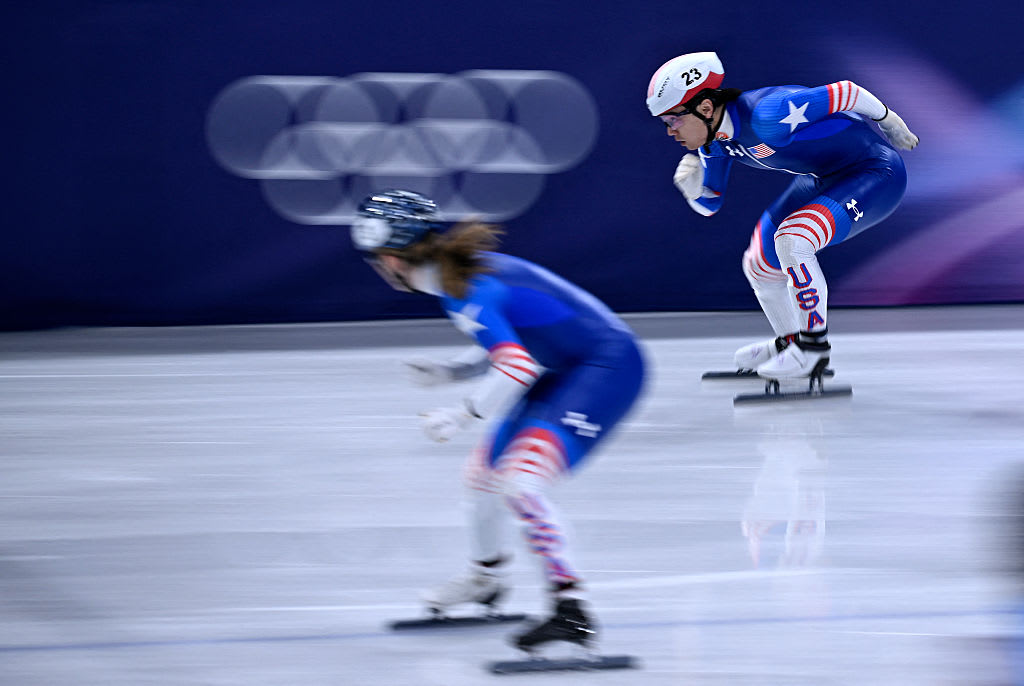Lessons from Scholastic
With the horror of what happened at the U.S. Capitol this past week still sinking in, there is an important question: How to explain it to America's children?
"Kids want to understand it," said Dick Robinson, president and CEO of Scholastic. "The Capitol is a symbol. It's very important to them."
And so, Robinson said, his editors immediately started posting stories for students on the websites of Scholastic magazines. "In fourth grade we'll explain it one way; in eighth grade we'll explain it another way," he said.
In fact, Scholastic – the largest publisher of children's magazines and books in the world – is just marking its 100th anniversary of helping children make sense of things:
"Our real personality is being in the lives of kids in school, helping them learn, millions and millions of kids," Robinson said.
He is, incredibly, only the second person to lead the company in its 100-year history. The first was his dad, Robbie Robinson, who – fresh out of Dartmouth – started publishing a current events magazine for students near his home just outside Pittsburgh. "Magazines were becoming, you know, the mass medium of the time," said Robinson. "And he saw the enrollment projections for high school post-World War I were just going up like that."
Correspondent Rita Braver asked, "As I understand it, when your father started, he actually worked out of his mother's sewing room?"
"Yes!" Robinson laughed.
But within two years, The Scholastic was being shipped all across the country. Its very first issue showed a female hurdler, "which was very forward-looking at that time," Robinson said.
Magazines went directly into classrooms: "A thousand schools at the beginning, and then it got to be 5,000 and then 10,000 schools, but it took a long time to build this."
Teachers were soon asking for a variety of magazines geared to different areas and ages. There are now more than 30, available both in print and online – a kid's eye view of American culture and history.
And they have always covered difficult, and even controversial topics. In 1948, still the era of segregation, the magazine featured a photograph during Brotherhood Week of a young African American with two young Whites, "which led to a banning of Scholastic in several Southern states," Robinson said.
And, he said, Scholastic has already heard from parents who say the attack on the Capitol should not be discussed in the classroom.
"But we don't hold back from that," Robinson said. "It's our role to make sure that we do address these important questions."
Scholastic has a proud history. In 1923, at the suggestion of teachers and principals, the company began giving art and writing awards to promising high school students, a list that includes many who would become bold-faced names, like Truman Capote, Sylvia Plath and Stephen King.
And Scholastic has another impressive roster, as the publisher of titles featuring Harry Potter, "The Hunger Games" and Captain Underpants.
The company got into the book business back in the 1940s.
Braver asked, Deimosa Webber-Bey, Scholastic's senior librarian, "Have you ever figured out how many books have been published under the Scholastic imprimatur?"
"That's a good question; the library has about 200,000 records," Webber-Bey replied.
Scholastic published the now-beloved "Clifford the Big Red Dog" in 1963, after it was rejected by nine other publishers; and the hugely popular "Baby-Sitters Club," series started in 1986, and written by a Scholastic employee who saw a need for preteen books
"That I read religiously," Webber-Bey said. "Every month when I was getting my Scholastic book form, I knew one book was gonna be the new 'Baby-Sitters Club' book, so then, what I am gonna spend the balance of my money on?"
Like many of us, Webber-Bey remembers filling out those order forms for the school book clubs that Scholastic first launched in 1948. The company makes money, but kids get to choose their own low-cost books shipped directly to their schools, even during the pandemic.
Fourth-grade teacher Kerry Ann Reeves, of Daniel Webster Elementary School in New Rochelle, N.Y., is personally delivering book club orders to her students: "It makes me so happy that they are excited about books, and that there are ways for them to get access to books," she said.
And Scholastic book fairs are going on (socially distanced) at schools like Brown's Chapel Elementary in Murfreesboro, Tennessee. The books are discounted; plus, schools get a portion of the proceeds. The company say its products are available in 90% of American schools, without any serious competition.
"Basically, no one's crazy enough to do what you do?" Braver asked Robinson.
"I would say that's a very practical response!" he laughed.
Scholastic is a publicly-held company, with annual revenues of about $1.5 billion. Dick Robinson and his family are majority shareholders. He worked his way up, and has run the company since the 1970s. He's now 83, and as for his successor, Braver asked, "You haven't picked out that person yet?"
"That's a matter I probably should discuss with myself, and then with you later, right?" Robinson laughed.
And, he said, the company's mission for the next 100 years is the same as it's always been, even in difficult times, like last week's assault on the U.S. Capitol: "Over the years people have turned to us in important moments like this to explain things to kids and give them a pathway to understand it, and feel better about themselves and their society because of their understanding."
For more info:
- scholastic.com
- Daniel Webster Elementary School, New Rochelle, N.Y.
- Brown's Chapel Elementary School, Murfreesboro, Tenn.
Story produced by Kay Lim. Editor: Lauren Barnello and Joseph Frandino.
